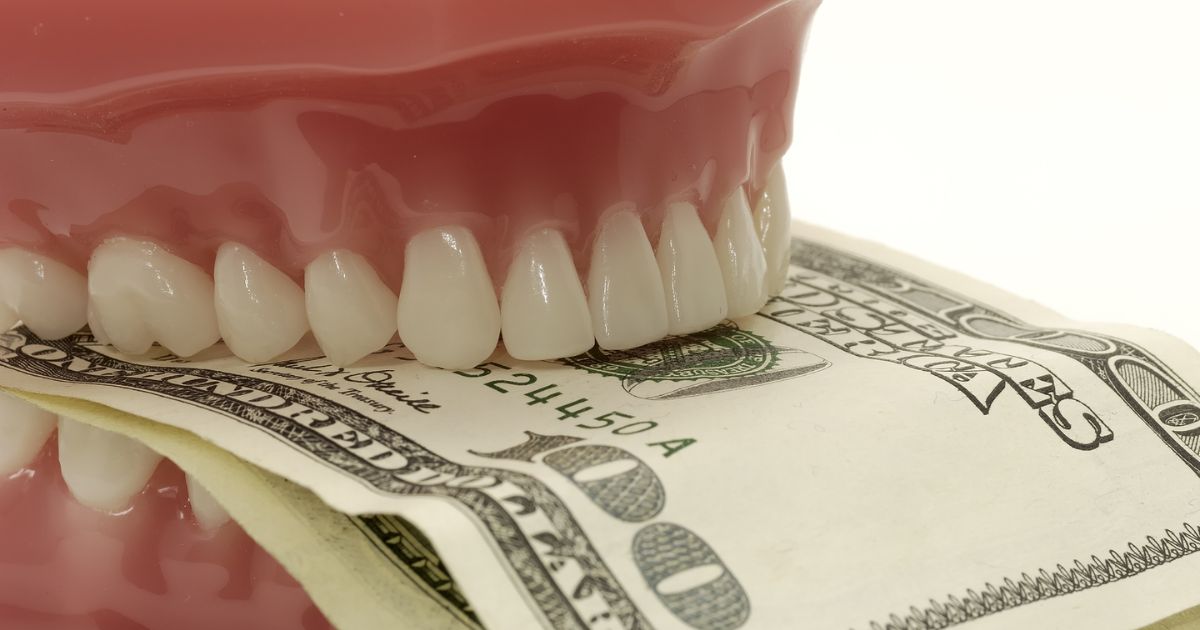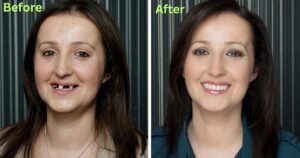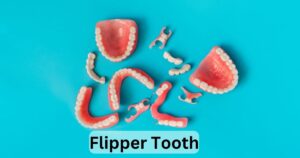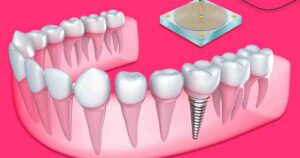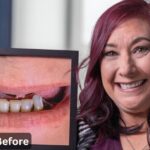Dentures are an important dental solution for those missing some or all of their teeth. They can restore confidence and functionality to one’s smile. However, many wonder about the overall costs of dentures and what to expect to pay.
This comprehensive guide examines the various factors that influence denture pricing, such as the type of dentures needed, the dentist’s experience and location, and the materials used. It provides typical cost ranges for different denture options and outlines payment options to consider. Understanding denture costs can help patients plan and budget for treatment.
Types of Dentures
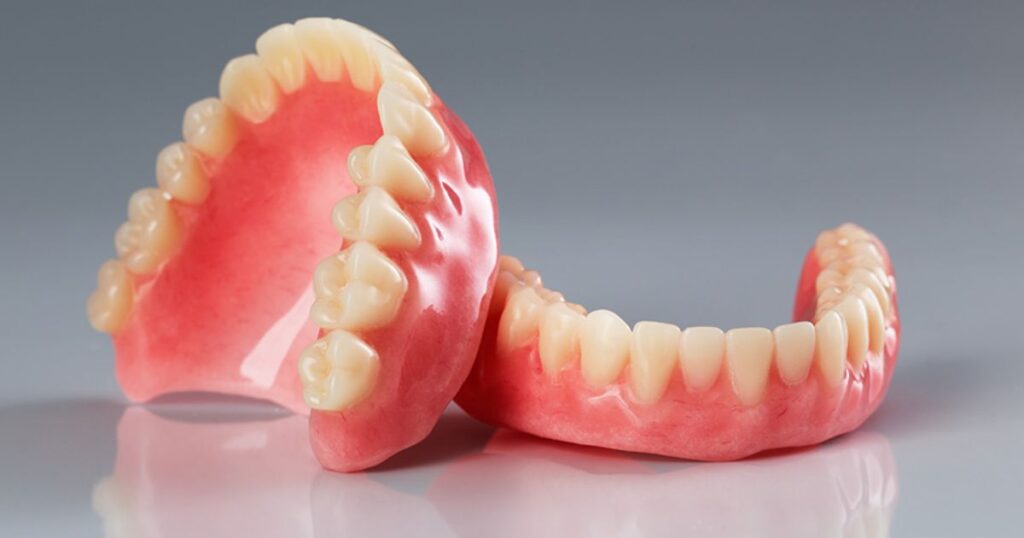
There are two main types of dentures – partial dentures and full dentures. Partial dentures are used when some natural teeth remain. They attach to existing teeth and gums for support, replacing missing teeth. Full dentures are needed if all teeth are missing and consist of upper and lower denture sets that fit together to replace missing teeth.
Dentures can also be immediate or conventional. Immediate dentures are created right after tooth extraction, while conventional dentures are made months later when gums have healed. For minor issues like cracks, purchasing a denture repair kit can help keep dentures in good condition until the next dentist appointment.
Partial Dentures
Partial dentures are designed to replace one or more missing teeth, either at the top or bottom of the mouth. They attach to dental implants, crowns, or existing teeth for support. Partial dentures are generally more affordable than full dentures.
Full Dentures
Full dentures replace all teeth in the upper or lower jaw. Also known as complete dentures, they are comprised of two denture sets – one for the top teeth and one for the bottom. When eating, talking, and smiling, the upper and lower dentures work together to replace all missing teeth.
Factors Affecting Cost
Several key factors influence the overall cost of dentures. Experience levels and location of the dentist play a role – dentists in urban areas tend to charge higher fees. Cost also varies depending on the materials used, such as acrylic, flexible, or precision dental materials. More complicated cases requiring multiple adjustments are usually more expensive.
Laboratory fees differ between dental labs. Additional costs may include relines, repairs, or replacements over time as needs change. Patient factors like oral health, jawbone density, and ability to follow instructions can also impact treatment complexity and costs.
Dentist experience and location
The experience level and location of the dentist can impact denture costs. More experienced dentists who have placed many dentures typically charge higher fees due to their expertise. Dentists located in major metropolitan areas also tend to have higher prices compared to those in rural communities since operating costs are greater in urban centers.
Materials and work involved
The type of materials used and the amount of labor required affect costs. For example, flexible or precision dentures using stronger, more natural-feeling materials cost more than standard acrylic dentures. Cases that are more complex due to oral health conditions and require many try-in appointments and adjustments also have higher price tags.
Laboratory fees
In addition to the dentist’s fees, separate charges are incurred for the dental laboratory that fabricates the dentures. Fees vary between labs depending on the materials and technology used in the denture-making process. High-tech CAD/CAM dentures result in larger lab bills.
Potential future costs like relines
While initial dentures may last several years, relines to rebase worn dentures as gums recede are usually needed over time. The cost of relines, which range from $150-400, should be considered in long-term budgeting. Future repairs from fractures are another possible expense at about $80-150 each time. Replacement dentures every 8-10 years also factor into total lifetime costs.
Typical Pricing Ranges
On average, expect to pay between $800-$3,500 or more per denture depending on its type and location. Partial dentures usually range from $500 to $1,500 each, depending on the number of teeth replacements needed. Full standard dentures typically cost between $800 to $2,500 for the top set and $800 to $2,500 for the bottom set.
Immediate dentures tend to be 10-30% higher than conventional due to extra time needed for chairside adjustments. Relines cost $150 to $400, while repairs are priced at $80 to $150 on average. Replacement dentures after years of use are generally 60-85% of the original cost. Lab fees can also range from $100 to $300.
Typical Denture Pricing
| Type of Denture | Average Cost Range |
| Partial Denture | $500-$1,500 |
| Full Denture, Upper | $800-$2,500 |
| Full Denture, Lower | $800-$2,500 |
| Immediate Denture | 10-30% higher than conventional |
| Reline | $150-$400 |
| Repair | $80-$150 |
Payment Options
Costs are often partially covered through dental insurance, which usually caps reimbursement amounts. Some employers offer additional dental plans too. CareCredit is a popular dental financing option providing interest-free payments if the balance is paid off within the promotional period, otherwise, typical interest applies. This allows spreading costs over 6-36 monthly payments. Practices also accept cash, checks, and credit cards. Ask the office about discounts for paying in full upfront.
Factors Influencing Long-Term Costs
While initial dentures usually last 3-15 years, longevity depends on proper care and relines as needed. Maintenance like regular cleansing extends the lifespan. As gums recede over the decades, relines may be needed periodically. Natural wear or impacts producing fractures may necessitate repairs.
Due to changing jaw bone structure and needs, replacement dentures every 8-10 years on average are common in later life. Continued long-term costs are minimized with preventive care and early intervention for issues.
Proper cleaning and maintenance
Practicing good oral hygiene care is key to lengthening a denture’s lifespan. Brushing them after each meal removes debris that can promote staining, odors, and denture adhesiveness issues over time. Daily soaking in cleaning solution also helps. Strong cleaning prevents plaque and calculus buildup that increases wear.
Relines as gums recede over time
As gums recede naturally with age, relines are often needed to rebase loose dentures and maintain a proper comfortable fit. The cost of serial relines every 3-5 years can amount to hundreds or thousands depending on a patient’s age and rate of bone loss. Relines are less expensive than full replacements.
Repairs for fractures or damage
Accidents like biting hard foods or dropping dentures sometimes cause small cracks or fractures that dentists can repair. Mishaps aren’t covered by warranty and typically cost $80-150 per repair over the denture’s use.
Denture replacements every 8-10 years
Due to long-term wear, continued jawbone resorption, and evolving aesthetic preferences, new full sets of dentures are usually required every 8-10 years on average in later adulthood. Replacements ensure proper fit, chewing function, and oral comfort long-term.
Average Denture Lifespan
On average, full dentures can last 5-15 years with relines as gums or jaws change. Partial dentures typically last 3-8 years depending on retention and oral hygiene. However, lifestyles, habits, and natural factors determine usefulness, so some dentures only last 2-3 years while others function well for 10+ years.
Regular dental exams allow early detection of any loosenings or fractures to be addressed before replacement needs arise. Longevity tends to decrease for seniors due to faster jawbone loss. With proper care, dentures can provide affordable tooth replacement for most adults for many years.
Partial denture lifespan
On average, partial dentures last 3-8 years. As they are attached to natural tooth roots and the fit is vulnerable to bone changes, their lifespan is more variable. With proactive relines and repairs as tooth support changes, some partial dentures can function for 10+ years. Neglect results in a shortened 3-5 year life.
Complete denture lifespan
Complete dentures typically last 5-15 years with ideal care and relines. The majority function well for 7-10 years before replacement. Factors like minimal bone loss, stable jaw posture, and gentle use maximize their years of service.
Early detection spots issues
Regular six-month checkups allow dentists to catch minor problems before they worsen, like liner fractures or looseness from bone shifts. Addressing issues promptly extends the denture replacement cycle versus ignoring problems.
Longevity varies by natural factors
Every patient’s mouth, diet, oral habits, and rate of jawbone loss differs, so dentures don’t always last the average lifespan. Genetics, natural jaw resorption speed, diet, and accidents determine how long an individual’s dentures remain viable.
Reducing Future Expenses
Follow-up maintenance increases denture lifespan, saving money over time. Routine cleaning prevents stains and plaque, keeping dentures retentive. Denture care products and food avoidance protect the material. Visit the dentist yearly or if issues arise for relines before needing replacement. Relines cost a fraction of full replacements. Patients can partner with denture labs to learn do-it-yourself temporary relines if dentist relines become unaffordable.
Staggering repairs versus replacements also cut spending – a broken tooth may retain function with rebasing at a lower cost than full replacement sets. Seeking preventive adjustments at the first signs of looseness rather than ignoring problems helps forestall replacement cycles and maximizes investment in new dentures.
Daily cleaning and care
Brushing dentures with soap and a toothbrush after every use removes plaque and food debris. Soaking in denture cleaner solution nightly further eliminates odors and stains. Clean dentures fit better and last longer than neglected ones.
Yearly exams catch issues early
Regular annual checkups allow dentists to detect minor looseness or the need for a reline before a refit is urgently needed. Small adjustments have lower costs than replacing ill-fitting dentures.
Do-it-yourself temporary relines
For minor looseness between relines, patients can learn temporary denture adhesive or reline techniques to tide them over until scheduling a professional rebase appointment. This extends function at little cost.
Cheaper repairs over replacements
Small fractures or tooth breaks can sometimes be mended instead of replacing the whole denture, lowering bills compared to new sets. Repairs retain some initial investment.
Avoid ignoring early signs of issues
Ignoring subtle early indicators of looseness or tooth fractures leads to more extensive future work versus prompt intervention. Catching problems prevent accelerated wear necessitating speedier replacement cycles.
Payment Assistance Options
Non-profit organizations and community dental clinics offer programs assisting low-income, disabled, or elderly patients with the costs of dentures. Some government healthcare programs also cover basic denture services. The National Foundation of Dentistry for the Handicapped aids disabled Americans nationwide.
Local health departments, veterans’ assistance centers, community health centers, charities, or programs through dental schools provide low-cost or free denture options based on need. While assistance has limits based on available funding each year, inquiring about eligibility prevents leaving affordable options uncovered. Applying early helps secure dentures before waitlists grow long.
Non-profit organization programs
Non-profits like Dentures Plus provide free or low-cost dentures based on income. Waitlists exist so planning is key. United Way and Catholic Charities also offer local grants.
Public health program eligibility
Medicaid coverage for dentures varies by state based on age and disability status. Apply promptly as eligibility has strict terms. Rural health centers serve the underinsured.
National Foundation of Dentistry for Disability
These national non-profit funds dentures for disabled Americans meeting the criteria. Apply even if denied elsewhere for last-resort help.
Community clinic and charity options
Federally Qualified Health Centers and charity dental events provide discounted treatment. Volunteer regularly as slots are scarce.
Dental school programs’ reduced fees
Students under faculty supervision create professional quality dentures at lower school clinic rates, but treatment takes longer. Apply early.
Apply early as funding has limits
Assistance options help most in need but have caps. Apply promptly to multiple sources in case denied to benefit from any option available.
Strategies to Lower Costs
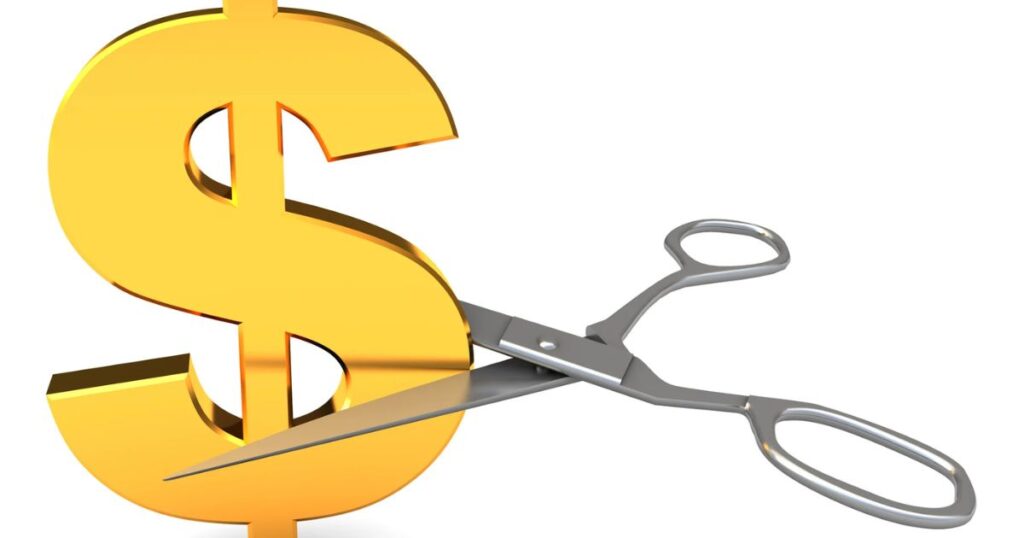
Various tactics allow shaving expenses:
- Ask about discounted package deals or coupon codes from Groupon offering savings.
- Request pretreatment cost estimates to avoid surprises.
- Compare multiple dentist pricing before treatment.
- Discuss narrowing the scope to just priority teeth initially versus full dentures in one step.
- Inquire at dental schools for reduced-rate denture services requiring extra appointments.
- Find less expensive yet still reputable dental labs for fabricating the dentures.
Package deals or coupons
Signing up for newsletters alerts patients to package discount offers. Groupon frequently runs deals up to 50% off full denture sets. Bring coupons to appointments.
Cost estimates avoid surprises
Asking for a written treatment plan and cost estimate beforehand prevents sticker shock from unexpected charges afterward. Know fees upfront.
Compare multiple dentist fees
Call several offices for estimated denture prices to find the most affordable yet experienced dentist. Competition drives better value.
Staged treatment over time
If only a few teeth show, replacing just those initially at a lower rate rather than entire arches in one visit stretches costs over multiple years.
Dental school clinic savings
While appointments take longer at busy schools, denture fees are often thousands less than in private practices. Multi-year savings outweigh wait times.
Multiple lab price shopping
Request price quotes from multiple denture labs to identify outlier low bids that still ensure denture durability and precision.
FAQ’s
Can you eat with dentures?
Yes, with practice dentures allow you to eat most foods. Soft foods are easiest at first as you adjust.
Can you sleep with dentures?
Yes, many people sleep with dentures without issues. Make sure they fit well and remove at night for cleaning if possible.
How much do full-mouth dentures cost?
On average, expect to pay $1,000-$3,500 per arch for conventional full dentures. Implant-supported options are more at $3,000-$6,000 per arch.
How much does it cost for false teeth?
False teeth, or dentures, typically range from $1,000-$3,500 per arch depending on the materials and your dentist. Replacing just a few teeth may be less.
How much do the best dentures cost?
The highest-quality dentures using expensive materials like precious metals can cost $3,000-$6,000 or more per arch. But less costly materials when crafted well by an experienced dentist can also feel natural.
Conclusion
In conclusion, while dentures require an investment, they provide an affordable solution for restoring oral function and confidence through a replacement smile. The total expense depends on individual factors like denture type and materials, as well as maintenance habits over time. By understanding typical cost ranges, payment options, and strategies to minimize future bills, patients can plan and budget for treatment accordingly. With proper preventative care, dentures offer value as a worthwhile dental solution for many years.
Overall, this guide has examined the various cost considerations surrounding dentures from different pricing perspectives. From typical initial costs to long-term affordability through preventive care, in-depth knowledge empowers patients to strategically approach denture finances. While an upfront commitment, regaining oral health benefits both quality of life and future dental expenditures. Taking time to explore assistance resources helps make dentures a realistic option for all budgets through careful planning and diligent care habits.
